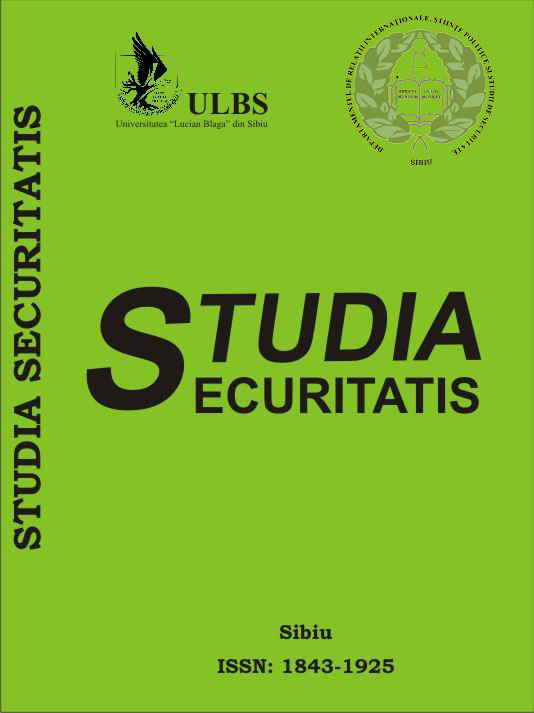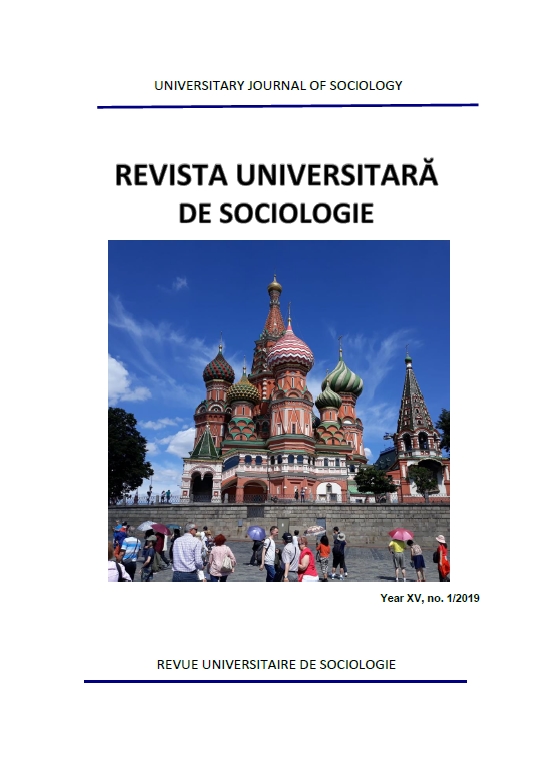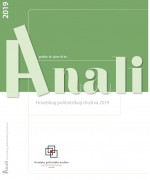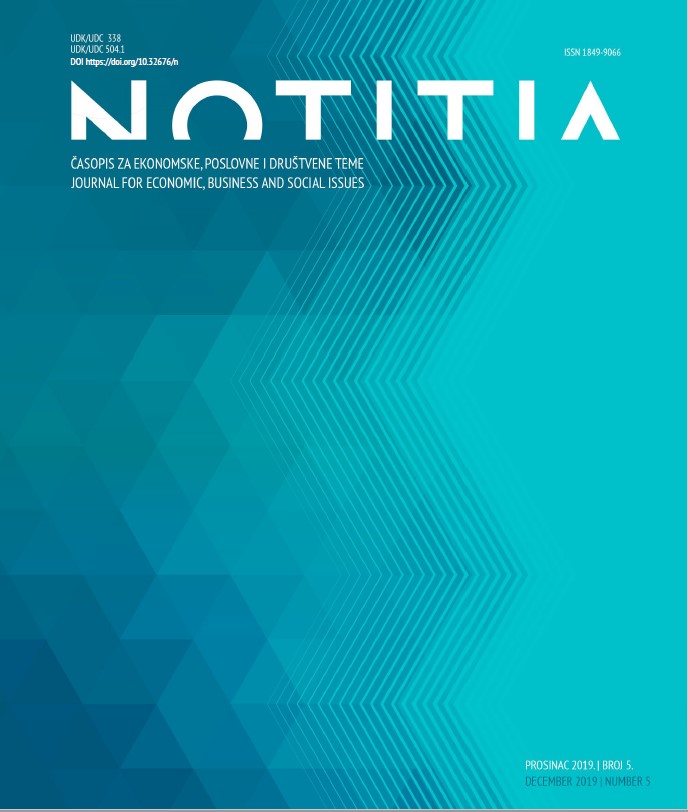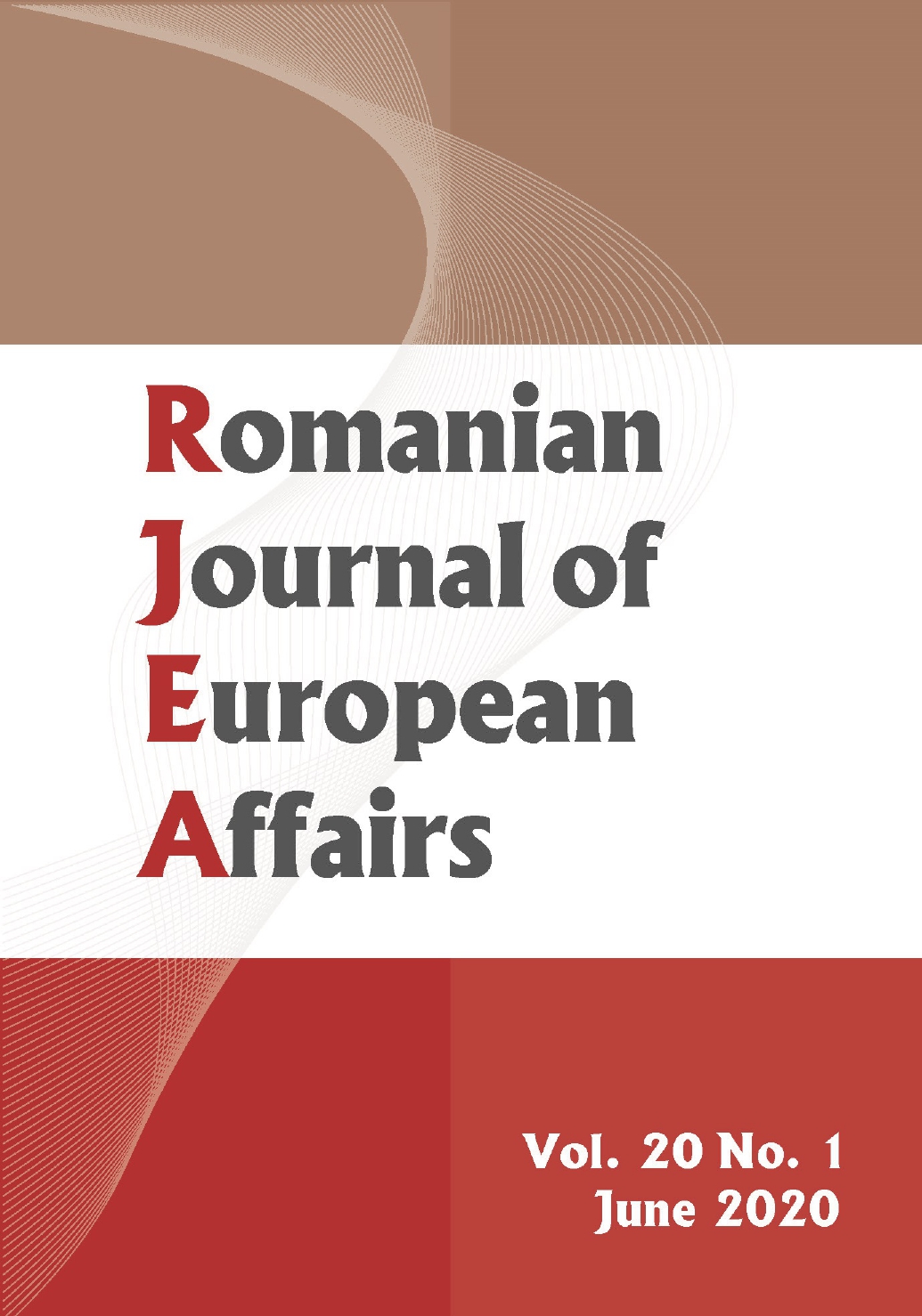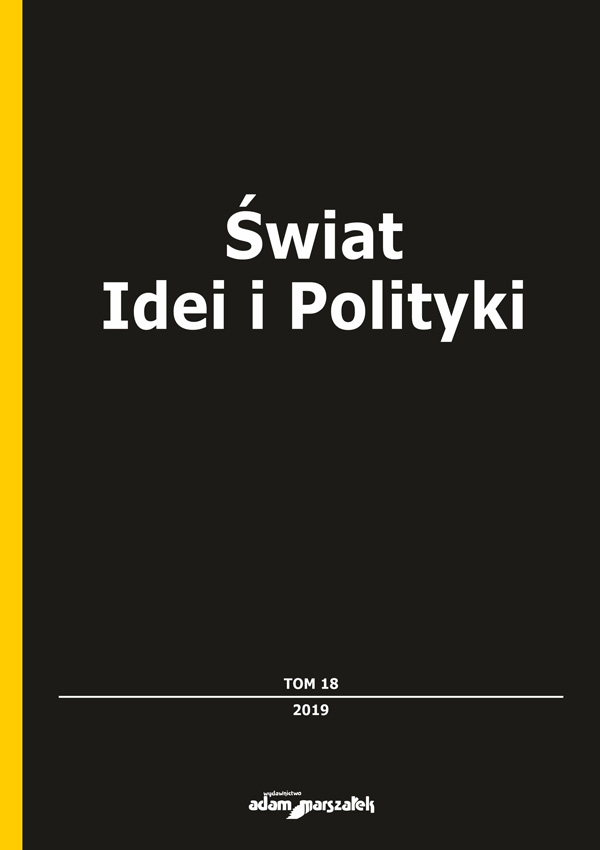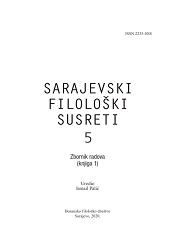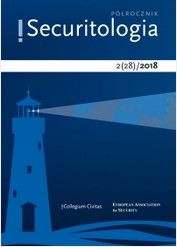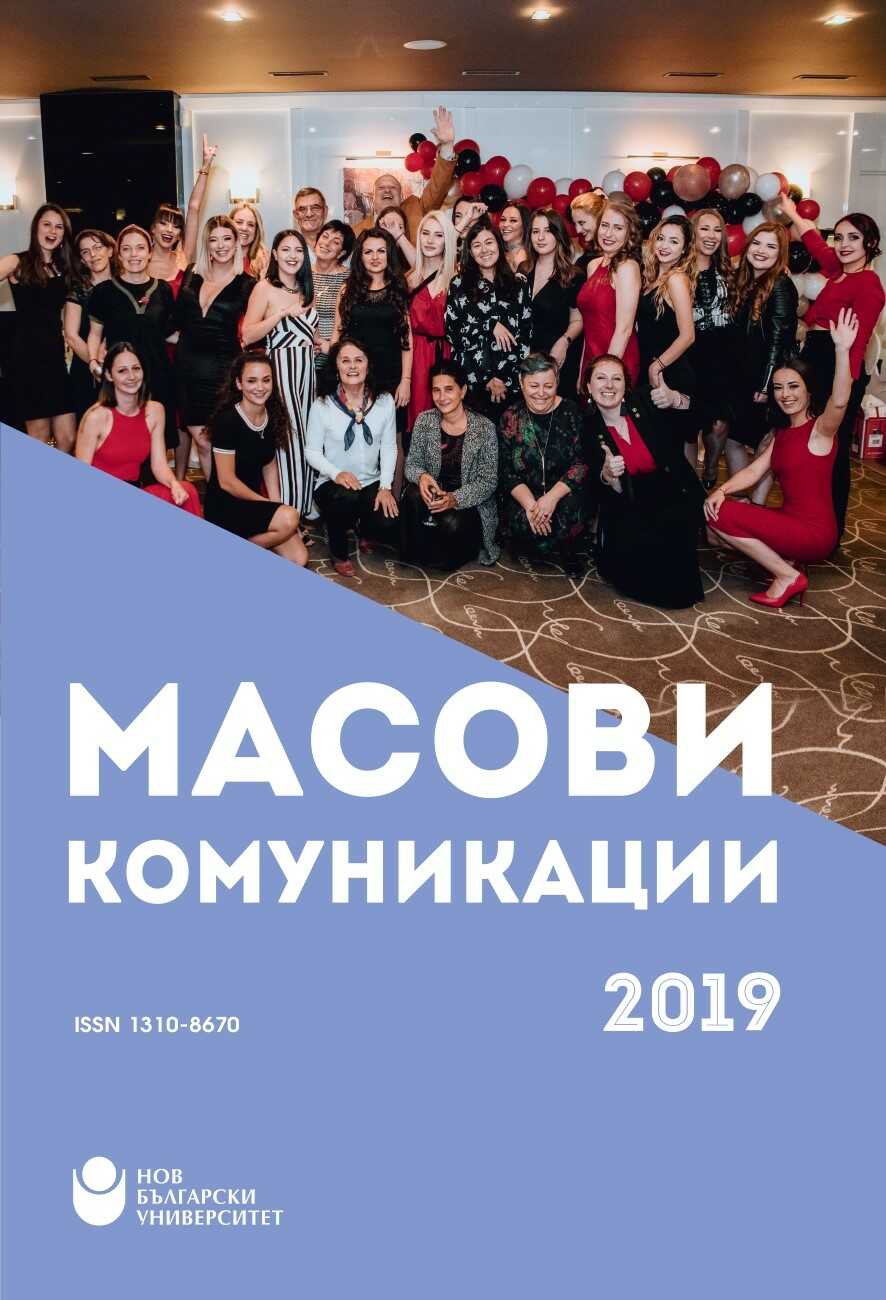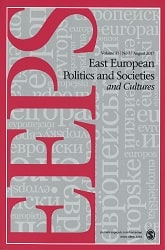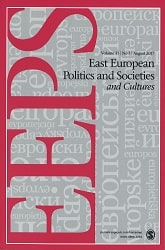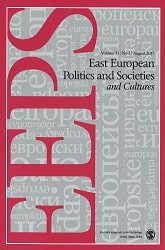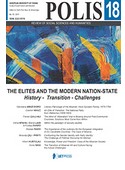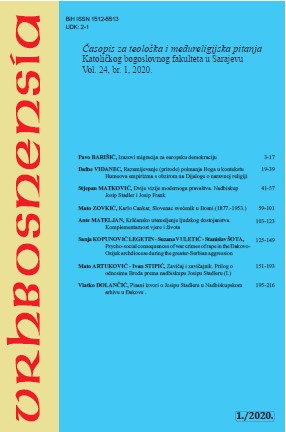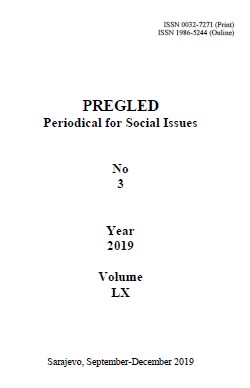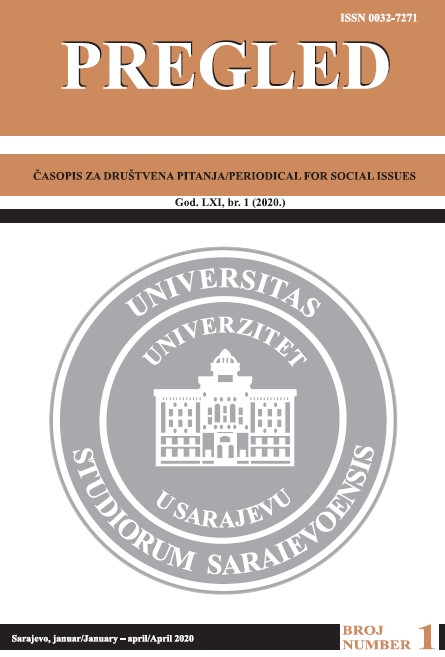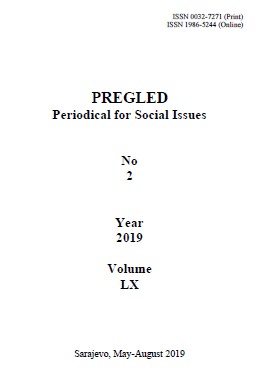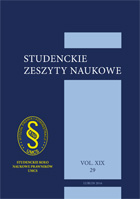
Przestępstwo „prania brudnych pieniędzy” w regulacjach polskiego i niemieckiego kodeksu karnego
In today’s world money are the value that wants to achieve almost everyone. Unfortunately, the desire to have them sometimes leads to reach for illegal means and the offense which is also a “money laundering”. In the case of this particular crime we can say that this is a global problem. Combating these practices are legal regulations, also in the field of criminal law. This article aims to bring regulation of Polish and German Criminal Code on “money laundering”, to identify the similarities and differences as well as the attempt to answer the question whether such regulations are needed.
More...
